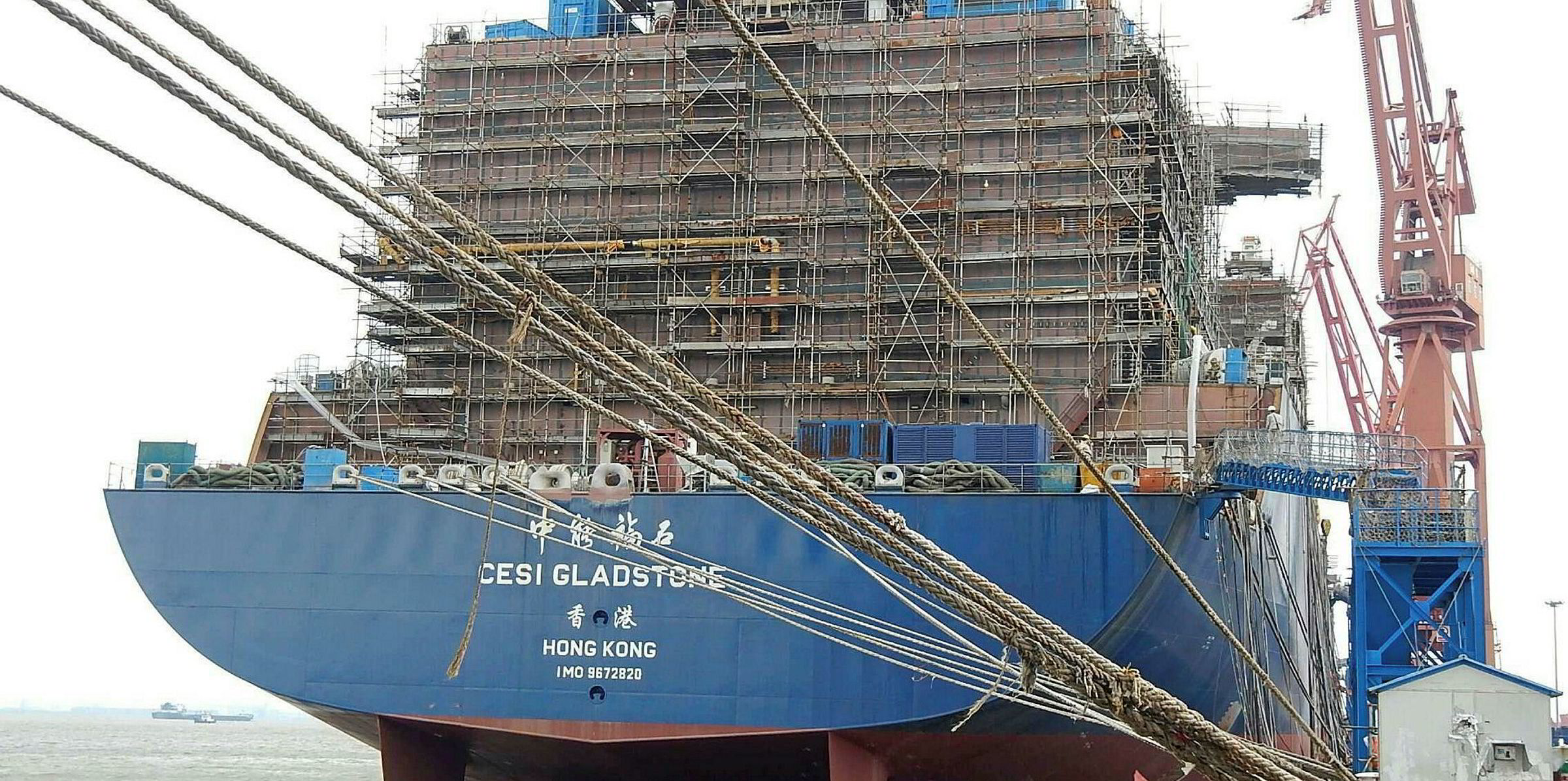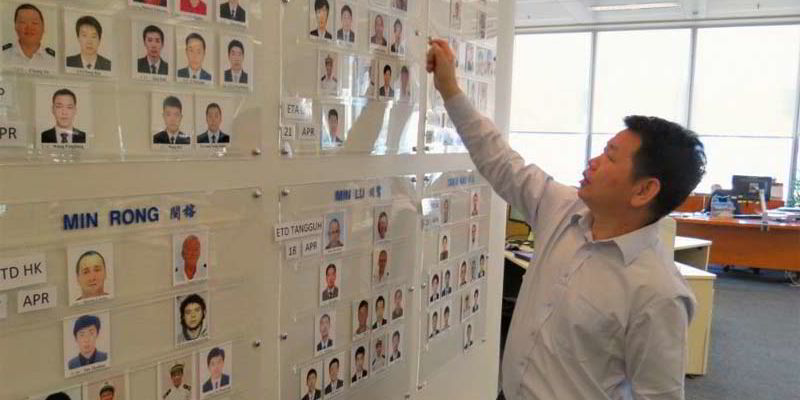Gas-hungry China will need to acquire 60-80 LNG carriers by 2030 to meet its requirements for imports, according to China LNG Shipping (International) Co (CLSICO).
Company general manager Captain Shu Binglin told the LNG2019 meeting in Shanghai that China is committed to increase its use of natural gas to 10% of its primary energy mix by 2020 and 15% by 2030.
Shu said this will need some 220-million tonnes of LNG equivalent, around half of which will be imported by ship.
He said these volumes will require around 100 LNG carriers, depending on transportation distances and ship size.
China currently only has two LNG ship companies which between them have 38 LNG carriers of which just 23 can be used for LNG imports, he added.
Shu said that as a result the country will need between 60-80 LNG carriers. He revealed that others had put the figures far higher with one expert quoting figures of 120-140 by 2030.
In addition, China will also need more smaller LNG vessels to transport cargoes regionally and inland up rivers as the coastal receiving terminals are still far from some demand centres.
Shu listed a number of potential challenges including a lack of LNG storage, low levels of pipeline connectivity and an imperfect LNG market trading mechanism which can affect the LNG shipping balance
“But we think the biggest challenge for building the LNG shipping industry in China is people,” Shu said, detailing the range of roles where experienced LNG crew are required.
CLSICO’s parent is China LNG Shipping (Holdings) or CLNG.
CLNG was incorporated by Cosco Shipping and China Merchants in 2004.
It was the first LNG shipping company in China and now boasts investment in 21 LNG carriers of which six are under CLSICO’s management.
CLSICO is a joint venture between energy major BP and its parent China LNG Shipping (Holdings) or CLNG.
Under this pairing CLSICO sent personnel to work with BP for periods of six month periods who then returned to train local staff.
Shu says CLSICO now boasts three masters, two chief engineers and 37 senior officers who are all Chinese nationals.
By the end of 2018 he said the company will have trained 132 cadets, most of which are still with CLSICO.
But he said for China to expand its seafarer pool of experienced officers who can work on LNG carriers good cooperation with international shipping partners will be needed.
“Our experience on developing the LNG staff is to utilise the international experience of international shipping companies to train our own staff.
“For the future China’s LNG industry and the global shipping industry there are great opportunities but also face great challenges,” Shu added. “Those challenges can be overcome by working together.”







